I joined BU in June, shortly after my viva at Queen Margaret University, Edinburgh, and since my arrival I have understood that Bournemouth may be the ideal place where to refine my research and teaching, thanks to its stimulating and friendly environment.
From 1994 to 2010 I worked at the Italian creative industry, mainly TV, moving up the career ladder from Intern to TV Format Writer and Head of the TV Writers. I also wrote board games, short stories, commercials, comics, plays and word-game books. At the same time, I taught and did research at three Italian universities on television and format writing, semiotics, adaptation and other topics linked to my professional activity. Actually, I was applying Fusion without having visited Bournemouth…
In 2010 I decided to pursue a PhD, in order to devote more time to academia. My research focuses on how food habits reinforce or challenge ideologies and cultural perspectives in social and mediated contexts, and sometimes my studies exceed the boundaries of the media to ‘invade’ history and anthropology. In 2012 I was awarded the Santander Grant Fund for a study on Nazi propaganda and meat, and I’m a member and co-founder of FoodKom, a European research group on the mediatisation of food and the meal experience, based at the University of Orebrö.
In my teaching, I strive not to make the frequent mistake of teaching creativity uncreatively. In lectures and workshops, I always stimulate students’ imagination and facilitate learning through storytelling, creative writing and, why not, acrostics and limericks, as I’m a follower of game-based learning. By the way, find below a quiz on how creativity has been defined and send your answer to my email… No money for the winners, I’m afraid, only fame and glory!
Best wishes,
Francesco
Creativity is
A b e _ _ i n a s _ _ a _ _ _ _ r _ _ _
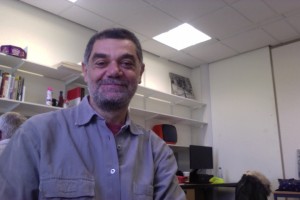
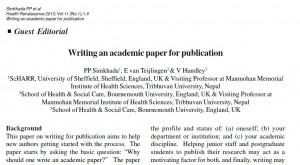
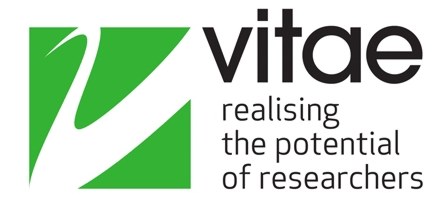
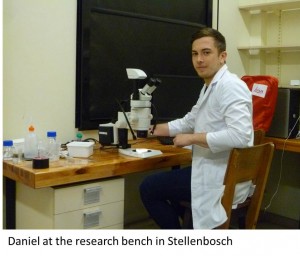
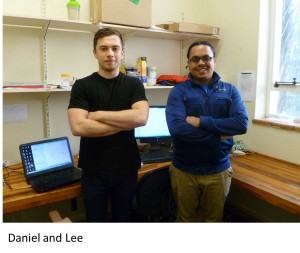
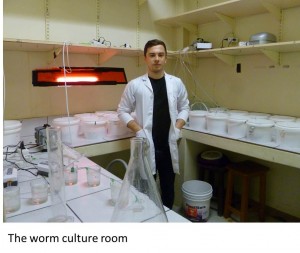
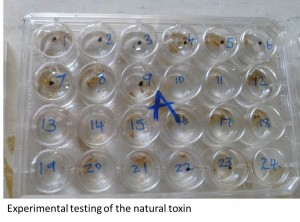
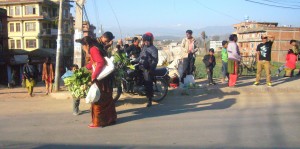
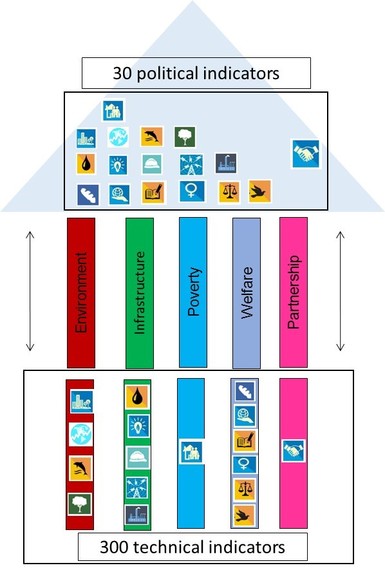
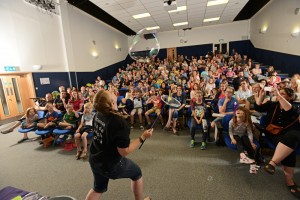











 FHSS academics teaching in Nepal
FHSS academics teaching in Nepal New weight change BU paper
New weight change BU paper One week to go! | The 16th Annual Postgraduate Research Conference
One week to go! | The 16th Annual Postgraduate Research Conference Geography and Environmental Studies academics – would you like to get more involved in preparing our next REF submission?
Geography and Environmental Studies academics – would you like to get more involved in preparing our next REF submission? Congratulations to three former BU staff
Congratulations to three former BU staff MSCA Staff Exchanges 2024 Call – internal deadline
MSCA Staff Exchanges 2024 Call – internal deadline Applications are now open for 2025 ESRC Postdoctoral Fellowships!
Applications are now open for 2025 ESRC Postdoctoral Fellowships! Horizon Europe – ERC CoG and MSCA SE webinars
Horizon Europe – ERC CoG and MSCA SE webinars MaGMap: Mass Grave Mapping
MaGMap: Mass Grave Mapping ERC grants – series of webinars
ERC grants – series of webinars